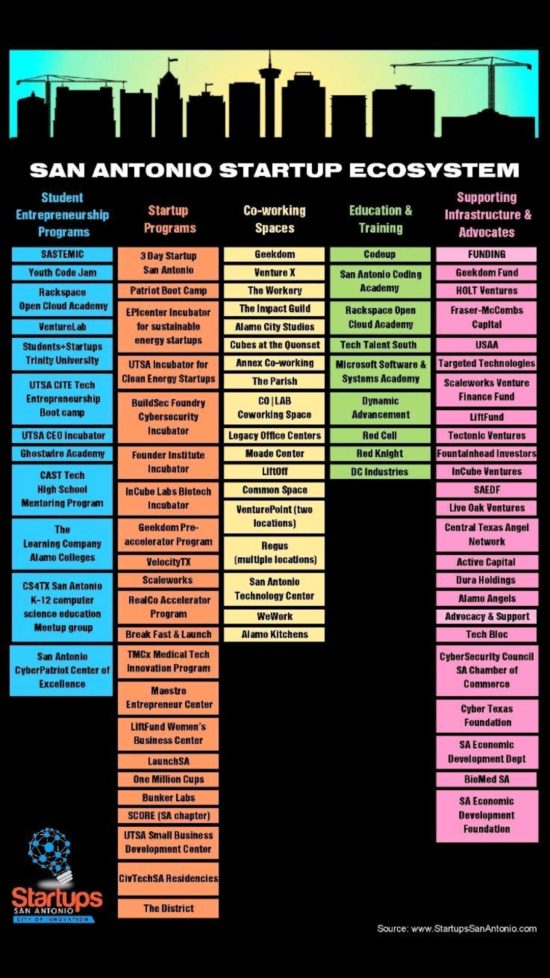As a professional coach and mentor I often work with people who are trying to find a job in the corporate world. They are often frustrated with the hiring process and struggle.
One of the most frustrating things is being declined without even a phone call.
Here’s some situational advice…
Large companies often post jobs externally and internally at the same time. However, they will often look at internal candidates first before they look at external. If they find someone that fits internally, they will hire them first.
If you are looking for jobs on search engines, like indeed and LinkedIn, chances are that job has been posted for a while and the company paid to expand the search. People who have a job alert set up with that company posted long before you did.
The most important thing in job hunting is to create and leverage a network in the companies you want to work for. If you don’t have strong, personal connections then you are fighting with those that do.
Not tailoring your resume? Shame on you! You have to adjust your resume for every job. Make it easy for recruiters and boolean search engines to pick your resume out of the stack.
Finding a job is a full time job in itself. Align yourself with an expert who has successfully sat on the job search side and hiring side. Hiring is a process…once you understand it, you can beat it and not let it beat you!
